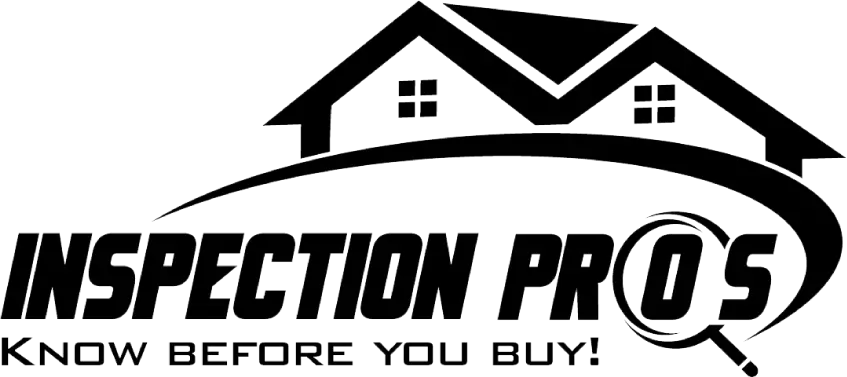Standards of Practice for NY State Home Inspectors
Home Inspectors in New York State are required by law to be licensed by the state and to abide by NY States Code of Ethics, Regulations and Standards of Practice for NY State home inspectors. The standards of practice set a minimum standard that must be adhered to according to law.
The standards do not apply to commercial inspections, but are designed for general home inspections. A general or typical home inspection is a non-invasive (we don’t take things apart), visual examination of the accessible areas (areas that are safely and readily accessible, not nailed, screwed, locked or caulked shut, or too small) of a residential property, performed for a fee, which is designed to identify defects within specific systems and components defined by the Standards that are both observed and deemed material by the inspector (usually does not include cosmetic, nit-picky or minor things).
The scope of work (what is included in the inspection) may be modified by the Client and Inspector prior to the inspection process in which case some or all of the standards may be excluded or added to. For instance someone can hire a home inspector to do a roof inspection only and does not have to pay for an entire home inspection. A general home inspection normally does not include ancillary testing such as for radon, mold or lead, but those and other testing services could be added to a home inspection, usually for an additional fee, agreed to by parties involved.
A General home inspection is based on the observations made on the date of the inspection, and not a prediction of future conditions. Some of the limitations are spelled out in the standards of practice so the client understands that a general home inspection will not reveal every issue that exists or ever could exist, but only those material defects observed on the date of the inspection.
A material defect is a specific issue with a system or component of a residential property that may have a significant, adverse impact on the value of the property, or that poses an unreasonable risk to people. The fact that a system or component is near, at or beyond the end of its normal useful life is not, in itself, a material defect.
General home inspection reports identify, in written format, defects within specific systems and components defined by the Standards that are both observed and deemed material by the inspector. They will not identify every single defect, but should give you a good idea of the overall condition of the home. My inspection reports also include additional comments and recommendations outside what is required by the standards of practice. Most people find this additional information very valuable and helpful.
Home Inspectors in New York State are required by law to be licensed by the state and to abide by NY States Code of Ethics, Regulations and Standards of Practice for NY State home inspectors. The standards of practice set a minimum standard that must be adhered to according to law.
The standards do not apply to commercial inspections, but are designed for general home inspections. A general or typical home inspection is a non-invasive (we don’t take things apart), visual examination of the accessible areas (areas that are safely and readily accessible, not nailed, screwed, locked or caulked shut, or too small) of a residential property, performed for a fee, which is designed to identify defects within specific systems and components defined by the Standards that are both observed and deemed material by the inspector (usually does not include cosmetic, nit-picky or minor things).
The scope of work (what is included in the inspection) may be modified by the Client and Inspector prior to the inspection process in which case some or all of the standards may be excluded or added to. For instance someone can hire a home inspector to do a roof inspection only and does not have to pay for an entire home inspection. A general home inspection normally does not include ancillary testing such as for radon, mold or lead, but those and other testing services could be added to a home inspection, usually for an additional fee, agreed to by parties involved.

